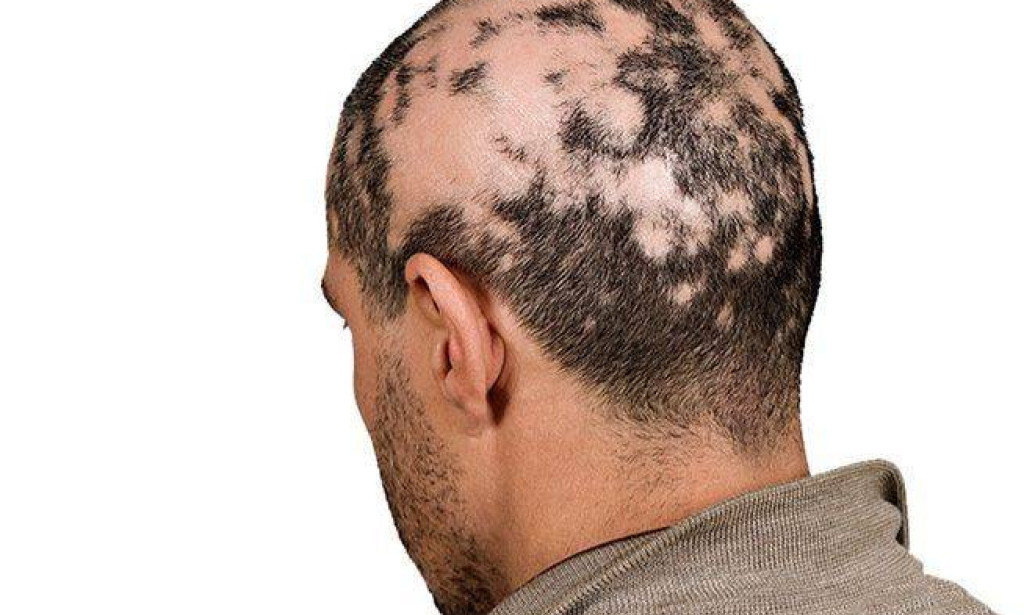Alopecia is a medical condition that causes hair loss. There are several types of alopecia, and the causes of each can vary. Here are five paragraphs on the causes of alopecia.
Alopecia Areata Alopecia areata is an autoimmune disorder in which the body's immune system attacks hair follicles, resulting in hair loss. While the exact cause is not known, it is thought to be related to genetics and environmental factors. Alopecia areata can affect individuals of any age and can develop suddenly, with hair loss occurring in small patches or the entire scalp.
Androgenetic Alopecia Androgenetic alopecia, also known as male or female pattern baldness, is caused by a combination of genetic and hormonal factors. In men, the hair loss typically begins at the hairline and temples and progresses to the crown. In women, hair loss usually occurs on the top of the scalp but does not result in complete baldness. Androgenetic alopecia is the most common form of hair loss, affecting up to 80% of men and women over the age of 70.
Telogen Effluvium Telogen effluvium is a temporary form of hair loss caused by stress or changes in hormone levels. It occurs when hair follicles are pushed into a dormant state, resulting in hair falling out more than usual. It is often seen in individuals who have recently had a traumatic experience, undergone surgery, or given birth. Hair typically regrows within several months once the underlying cause is resolved.
Trichotillomania Trichotillomania is a mental health disorder that causes individuals to compulsively pull out their hair, resulting in patches of hair loss. It is often a result of stress, anxiety, or boredom and can lead to significant emotional distress. Treatment typically involves therapy and medication to manage the underlying mental health issues.
Chemotherapy Chemotherapy is a treatment for cancer that can result in hair loss. The drugs used in chemotherapy work by targeting rapidly dividing cells, including those responsible for hair growth. Hair loss is typically temporary and regrows after treatment is complete, but it can have a significant impact on an individual's self-esteem and quality of life.
In conclusion, alopecia is a complex condition that can have a variety of causes. Whether it is caused by genetics, hormonal imbalances, mental health disorders, or medical treatments, the effects of hair loss can be significant.



You must be logged in to post a comment.